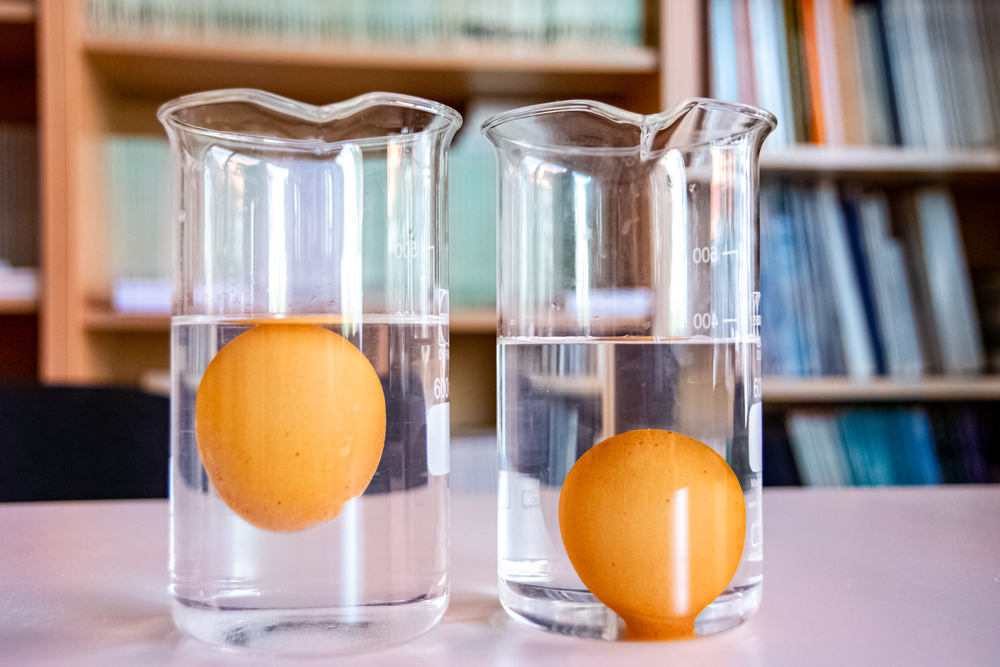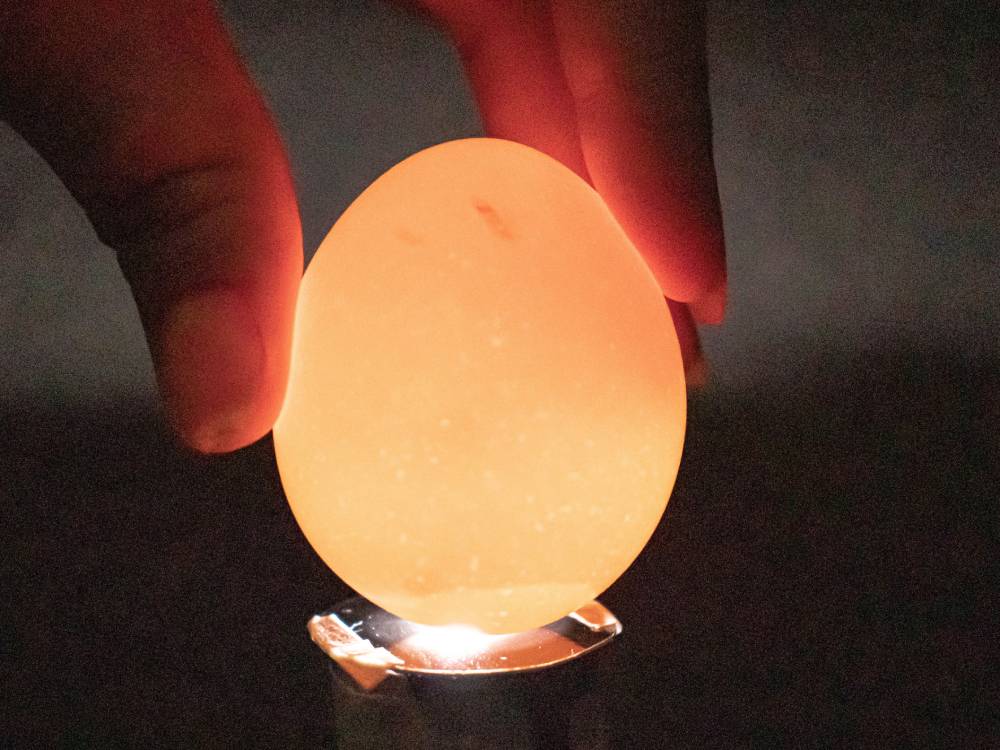Eggs are a delicious and nutritious breakfast food or snack for many people, but the time frame in which they go bad is somewhat of a gray area.
You may have had someone tell you that eggs never go bad, or take a long time to spoil. Unfortunately, that’s not the truth. If you’re finding yourself wondering how long you can eat eggs after the expiration date or what to do if you ate rotten eggs, we’ve got your back.
Can You Eat Expired Eggs?
While every egg carton comes with a date stamped on it, that’s not the expiration date. Eggs are generally still good long after that date — especially if they’re kept in the carton and refrigerated. Still, without that date to guide us in the right direction, there’s no true method regarding how to know if eggs are bad or not. Are you reaching in your fridge and unsure whether you should make that omelet or not? Wonder how long can you eat eggs after the expiration date? Scroll through this comprehensive guide to learn all the answers now.

How to tell if eggs are bad
- Pay attention to the smell. If your eggs are hard-boiled or raw, you’ll need to complete a smell test. If you smell something off (i.e. slightly sulfuric), it’s a good chance you have a rotten egg.
- Check all the dates on your carton. The date may be either a “sell-by” or an expiration date. If going by the sell-by date, it should be consumed no later than a month. If it’s an expiration date, but your eggs are in the fridge, your eggs might have a few extra weeks before spoiling.
- Do a smell test! This is how to tell if eggs are still good for most people. If you smell a little sulfur or an odor (eggs are usually odorless) then you may want to consider tossing them.
- Do a visual inspection. The smell isn’t the only sense that can help you out with this investigation — when an egg is still in the shell, check for cracks, slime, or powdery residue. Powder means mold, while sliminess or cracks can mean that bacteria is present. Always do this check before buying eggs.
- Before completing one of the tests that we’re about to suggest, you can also simply shake the egg. This is a less reliable method, but if you hear liquid swishing and sloshing around, it may have gone bad and signifies an old, watery yolk. If you don’t hear anything, the egg is still fresh.

How to test if eggs are good: the egg water test
The egg water test, or the float test, is a foolproof way to help you figure out if you can still eat your egg. — it’s also cleaner than cracking an egg open to sniff it, and more fun!
- Fill a bowl with cold tap water and gently place the egg in it.
- Observe if it sinks and lays flat
- If it sinks, you’re good to go! If it floats, your egg isn’t safe to consume anymore. The egg floats because of a large air cell that forms at its base when it ages.

Or a popular alternative — the egg candling test
This is an industrial method used to grade eggs before packaging, but with a dark room and a tiny yet bright source of light, you can make a DIY method of how to test if your eggs are good. While candles are traditionally used, a small reading light or flashlight may be more effective.
- Hold your light source up to the big end of the egg.
- Tilt the egg, turning it from left to right in a fast motion. This should allow you to see the egg’s contents or the space of the air cell.
- In a fresh egg, the air cell will be no thicker than 1/8 inch. A larger air pocket indicates lack of freshness.
- Seeing the egg’s contents will also show the firmness of the white and yolk. More movement indicates less freshness, while less movement means you’re safe to consume it.

What to do if you ate a rotten egg
Although with proper storage eggs can stay fresh 3–5 weeks after the expiration date, sometimes these tests fail, or you don’t properly observe what’s happening. This can result in cooking and eating a rotten egg.
You might see the signs around 12 hours after, which will be similar to food poisoning. Headaches, cramps, nausea, and vomiting are some of the symptoms. If you are exposed to salmonella, young and healthy people will be okay after a couple of days, but children and the elderly should go to the hospital.
If your eggs have mold on them, you may experience rashes, itching skin, or a runny nose and wheezing.
Besides going to the doctor, you can try to stay hydrated with ginger ale, water, or a diluted sports drink. If you are vomiting for more than a few days or feel dizzy, go to a medical professional.

Why egg safety is so important
Knowing how to check if eggs are good can help save you money and prevent foodborne illnesses. Having the right knowledge on how long eggs are good after the “best by” date prevents you from throwing out perfectly healthy eggs. It also saves you from getting sick with life-threatening illnesses such as salmonella and listeria.
Even if your egg passes all the tests, you should always cook it fully at a safe temperature before consuming it. No matter how your eggs are prepared, they should reach a temperature of 144°F (62°C).
As a final tip, we recommend hard-boiling eggs if you have several left but are unsure how long they’ve been in the fridge! Hard-boiled eggs will keep for another week, and are a versatile ingredient for salads, sandwiches, bowls, and more.









